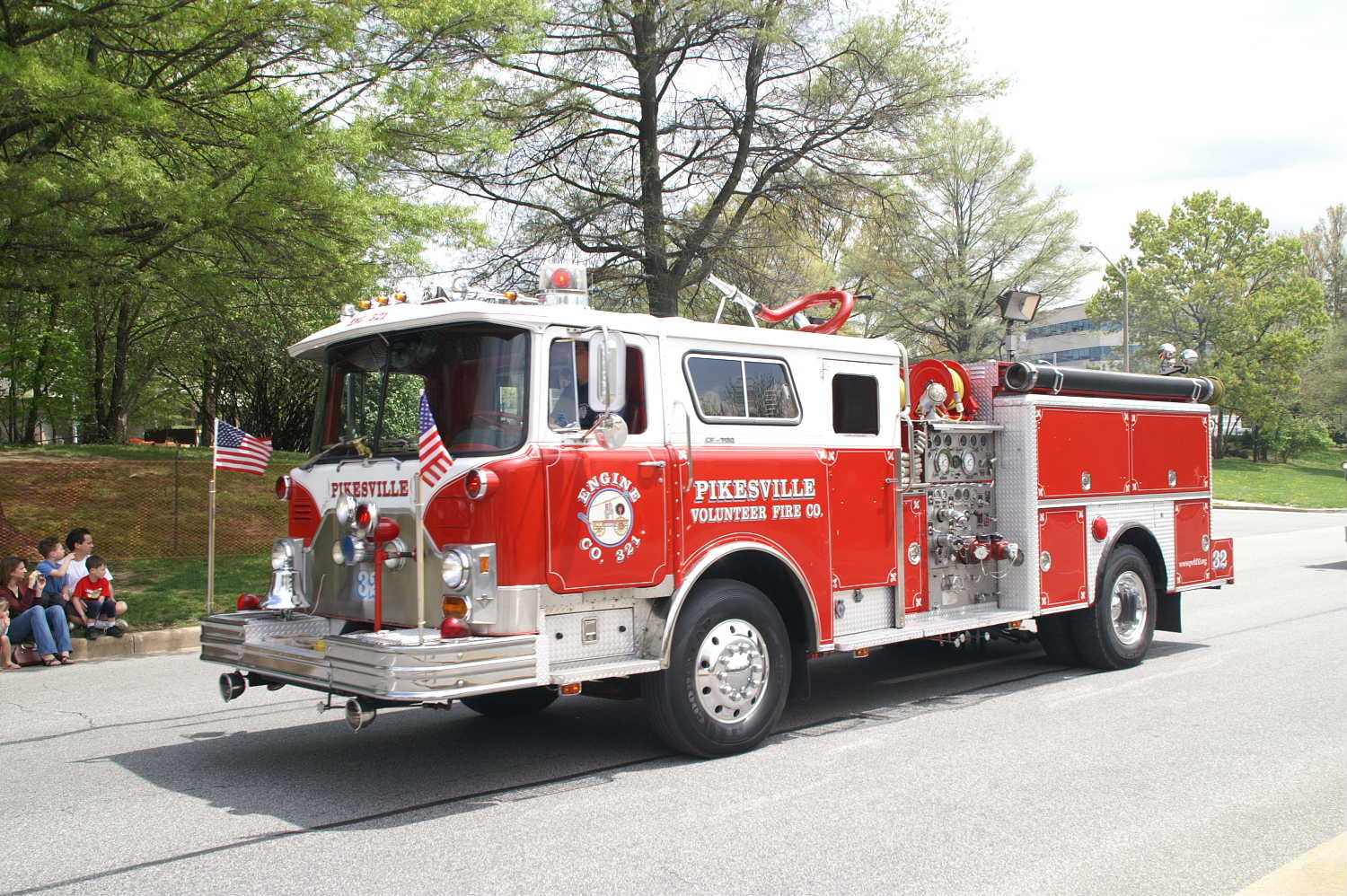
A nugget of Big Medicine every day. #52 Build on strengths
Dean DiMonte was raised in a tight-knit family where stepping up to help people in need was as much a part of family life as getting together for big dinners and sharing laughter and stories. His parents are the kind of folks who welcome you into the fold with a warm embrace and an immediate offer of food and drink. But don’t make the mistake of accepting a challenge from his mom, Bev, to go bowling on Wii or you will surely get your butt thoroughly kicked.
My first introduction to Dean came when his big brother Terry was telling a story about his kid brother, the paramedic, on the air at CHOM-FM in Montreal. Terry’s voice was a comforting presence that marked the end of long chaotic overnight shifts or the beginning of another day on the streets. He’d tell a story, crack a gentle joke, and then spin some excellent music and we’d be off on another emergency journey.
Dean and I didn’t hook-up until after both of us had left the streets – and his case, the air – to pursue consultancy work in the private sector. Dean’s paramedic career included stints on the ground and as a helicopter medic in Ontario, leaving us with a lot of common ground to explore. Every time we get together, we talk about making EMS more relevant in a world no longer interested in rewarding us for simply showing up and trying to save lives.
If you’ve been reading the Positive Paramedic Project you know I’m not a colour-strictly-inside-the-lines kind of human being. Neither is Dean. He actually took his leave of EMS because the bureaucracy was threatening to choke the life out of his passion for the job. And he began an indepth exploration of the concept of leadership knowing that the way EMS systems are guided will make or break this relatively young component of the health care system.
‘We have people leading paramedics who have never spent any, uh – quality time, upside-down-in-the-dark talking a critically-injured patient through an extrication in mid-January. They just don’t know what it means to be a paramedic. And so, why are we surprised when the values and visions they express as goals for their organizations capture so little of the very essence of EMS?’
Dean maintains we’ve been hung up on transactional leadership so long, EMS systems have become tick-off-the-box trick-based compliance factories. ‘And we’ll be stuck in that self-defined box until we realize that we need to have paramedic-led community-needs-driven empirical-data-based emergency medical services that are providing services that matter.’
‘We need to follow the lead of mentors like Michael Nolan [Renfrew County, Ontario] and Michael Neill [Toronto EMS] who have never lost their sense of patient advocacy to this day.
‘We need to identify the internal references that have led to paramedics losing their way. How can we expect them to believe in the positive when their first instinct is to say, ‘This place will never change’ There’s a reason – a frame of reference – for that statement, and we need to identify where it comes from and work hard – very hard – to change it.
‘It’s a process. We need to shape references and we need to begin changing peoples’ mindsets. Paramedics are people who have answered a call to step-up and help people in times of great difficulty. We need to build on that strength.’
‘We need to innovate and expand our role into community care. There is such a wide spectrum of services required that we could fulfill that we’re not even looking at. We need to occupy that niche and reach further out into the community.’
I agree with Dean. We’re so focused on compliance we’ve completely neglected vision and shared beliefs. Sure, there are rousing feel-good let’s-all-sing-kumbaya coaching sessions about the need for bottom-up leadership but at the end-of-the-shift any supervisors who are silly enough to take a stand based on actual values are seldom rewarded. Often they are punished severely.
I’ve got a close friend who was a supervisor in a big-city EMS system and made the mistake of advocating loudly on behalf of the patient and the community. For his caring service, he was terminated by a young administrator who wouldn’t know his ass from an oropharyngeal airway inside an actual ambulance. The administrator had somehow been allowed to transition from managing a fast food franchise to running a major EMS hub. Other than knowing the sticky-side needs to go on the bloody part, he had no experience in the world of emergency medical services. And yet, there he was, ending the career of a senior paramedic who had left it all out on the road.
As my friend Pietro [another veteran of the emergency services world] says ‘That box we find ourselves in keeps getting longer on the sides and narrower at the ends. A couple more nails and we’ll have crafted our own final resting place.’
Be well. Practice big medicine.
Hal
You can learn more about Dean DiMonte’s take on EMS on his website.
NB: Big Medicine is my nod of respect to a First Nations expression that, roughly translated, means the right people working together at the right time will be Big Medicine. I’ve been saying ‘Be well. Practice big medicine’ for as long as I can remember. It is my own very personal version of ‘Sawu Bona’, the Zulu greeting which means ‘I see you’… I see all of you, I see your good works, I see the difference you are making in the world.

